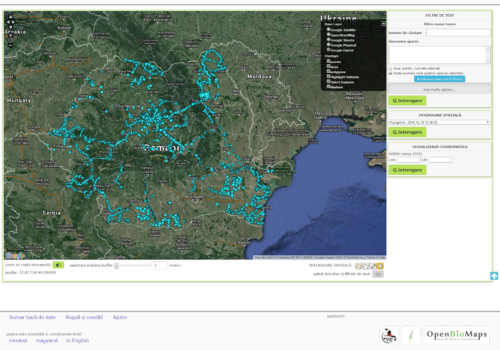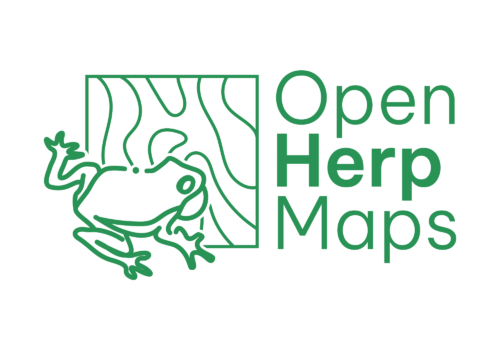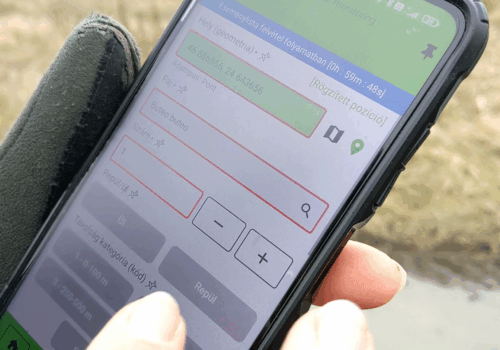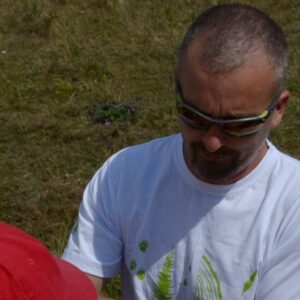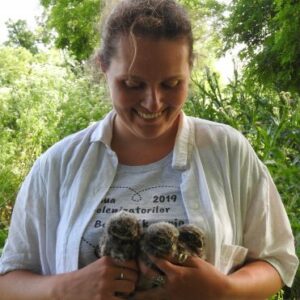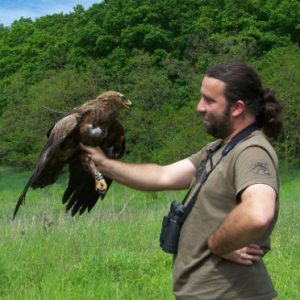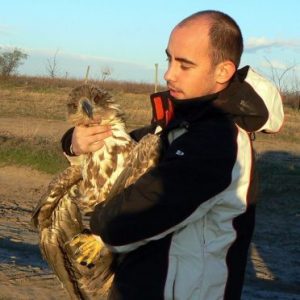Across Europe, more than 120 000 birdwatchers record sightings with mobile phone apps and upload them to online databases. Almost every ornithological association or institution in different countries has its own database (two in Romania, OpenBirdMaps, managed by the Milvus Group, and Ornitodata, created by the Romanian Ornithological Society), as well as multinational or even global systems (such as eBird, Observation, BirdTrack, Ornitho, iNaturalist, etc.). It is virtually impossible to filter and analyse data from these diverse and fragmented data sources. In addition, many portals restrict access to data and are sometimes only available in national languages.
Since its launch in 2015, EuroBirdPortal has tackled this problem, bringing together observations of 137 migratory bird species uploaded to 21 data collection portals (currently only OpenBirdMaps observations from Romania are uploaded daily).
The work does not stop here, efforts are continuously being made to develop the EuroBirdPortal. For this, a new project “LIFE EBP reinforcement” has been launched, with the inaugural meeting taking place recently in Brno, Czech Republic, 20-21 November.
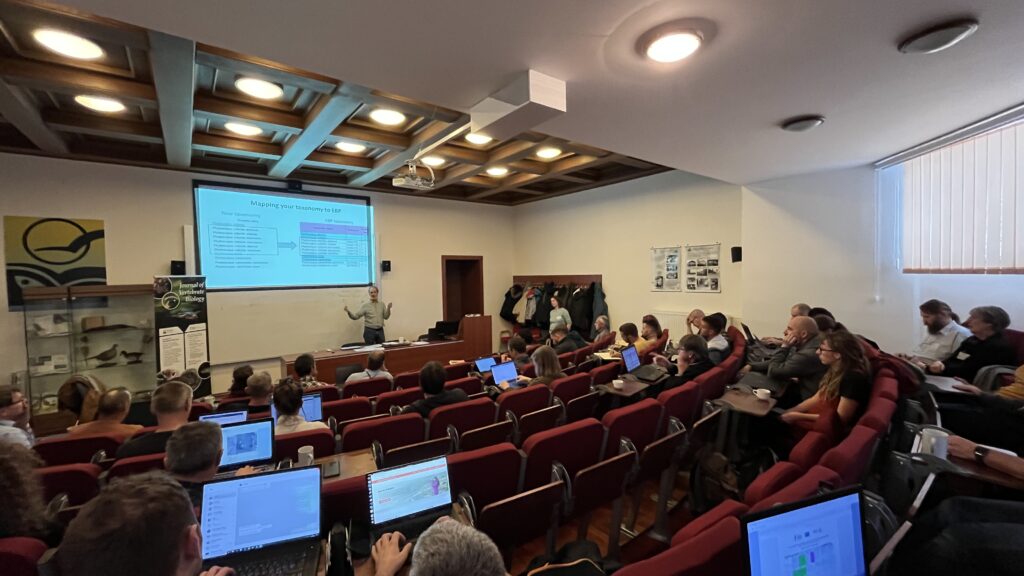
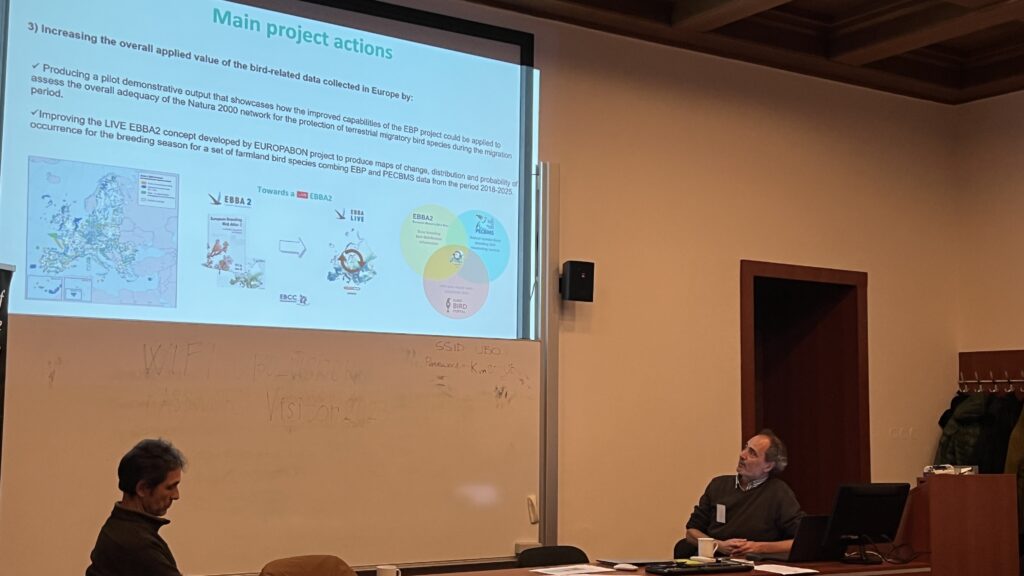
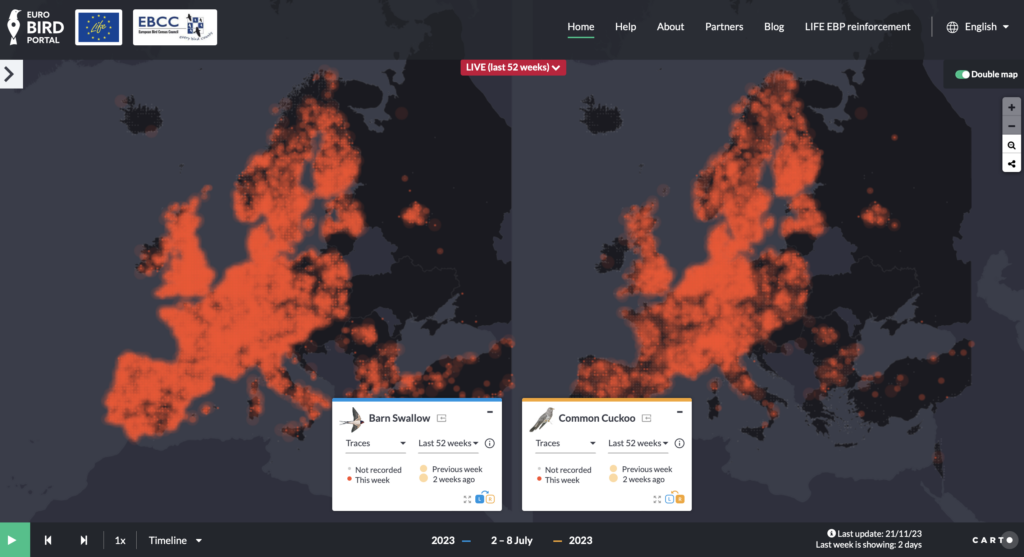
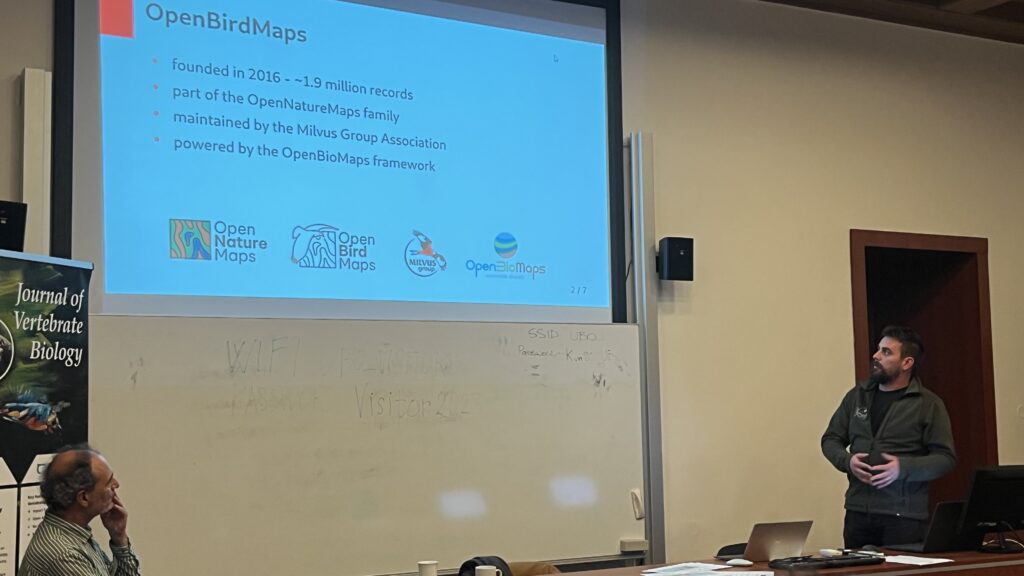
In the coming years, new on-line portals are planned to be launched in the south-western countries of Europe (Albania, Kosovo, Serbia, Bosnia and Herzegovina, Northern Macedonia, Montenegro) and the Republic of Moldova, and data quality (mainly through complete species lists and other systematically collected data) will be improved in several other countries (including Romania).
A new product, the Bird Flu Radar, has also been developed by pooling and jointly modelling bird migration and distribution data to predict the likelihood of disease outbreaks and spread. This initiative is of huge practical and economic importance and it is no coincidence that it has been endorsed and supported by the European Food Safety Authority.
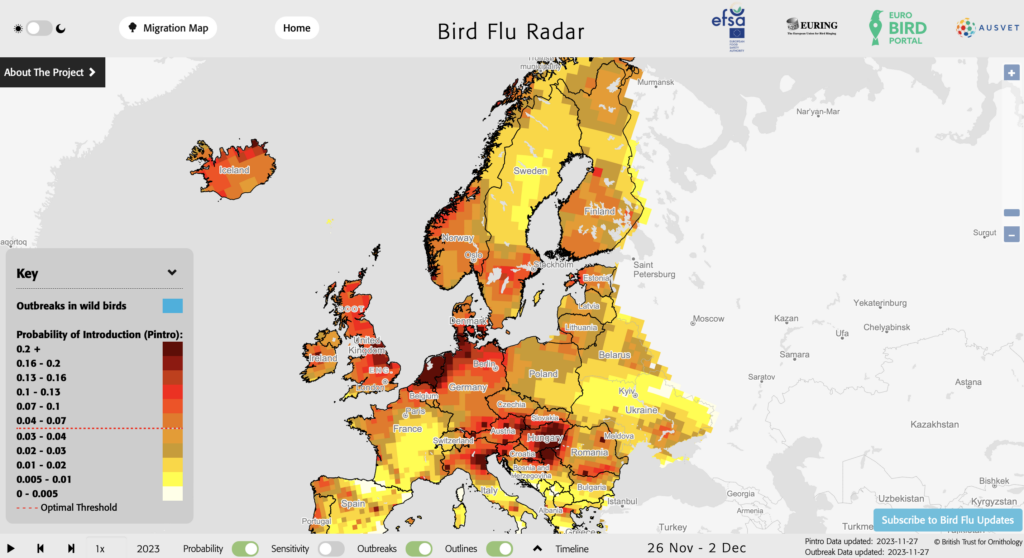
At this meeting the Milvus Group was represented by Gábor Bóné és Szabó D. Zoltán.


